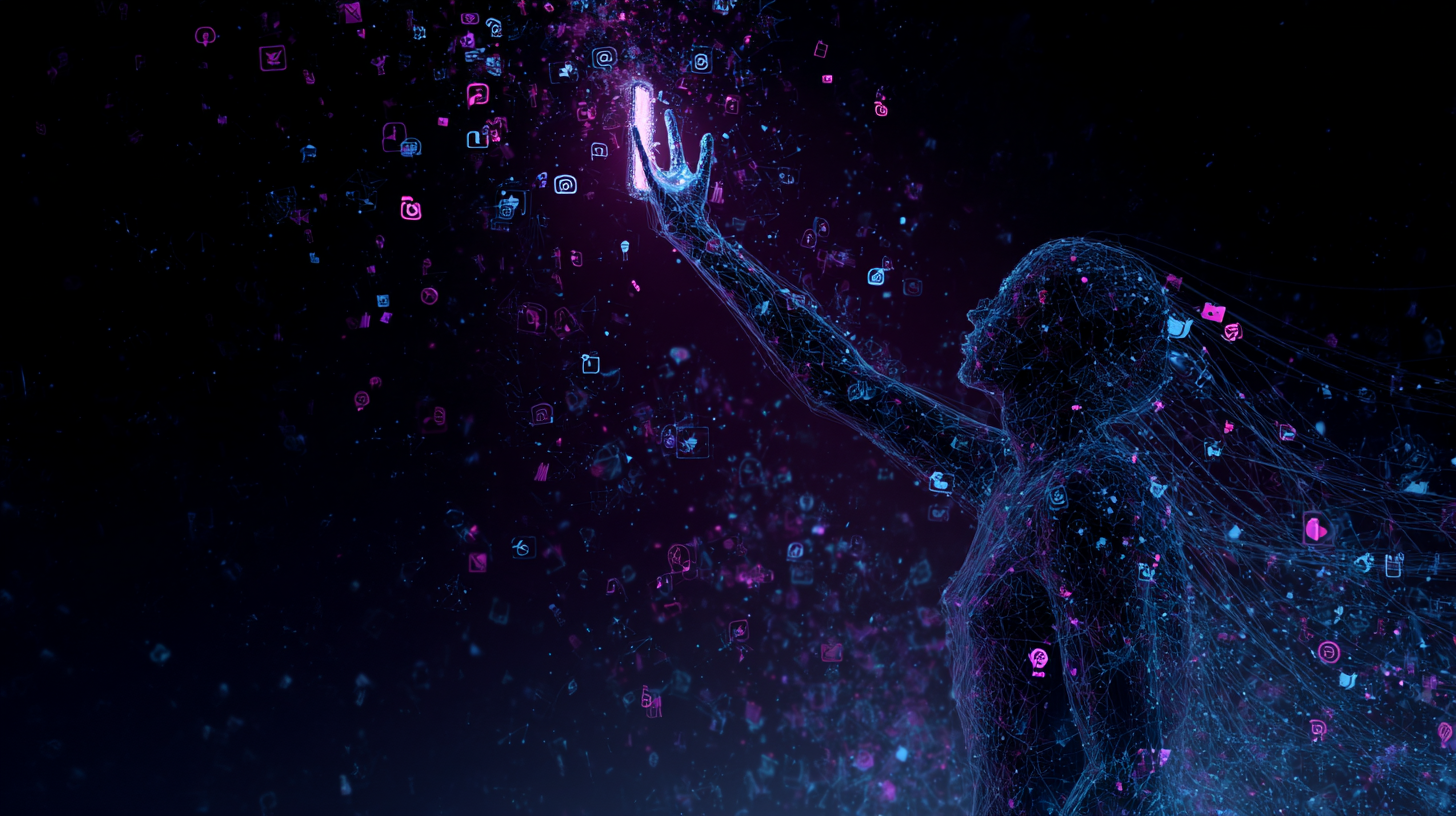In today's attention economy, being useful might matter less than being memorable.
We're not broken. We're working exactly as designed.
For 200,000 years, memorable meant meaningful. The rustling bush. The betrayal in the tribe. The threat you couldn't ignore.
Remembering those things kept you alive. Forgetting them got you killed.
Your brain evolved to prioritize what's dramatic, threatening, novel, emotional—because in the ancestral world, those things mattered.
The algorithm didn't create this. It just found the buttons evolution installed and started pressing them at industrial scale.
The digital revolution weaponized our physical evolution. Our biology became their business model.
We evolved for a world where memorable meant meaningful. Where threats were real, social drama had consequences, and emotional spikes signaled danger.
Now memorable and meaningful have been ripped apart. And our Stone Age brains are running on fiber-optic networks.
Understanding this doesn't trap you—it frees you.
Every time you feel that pull, that urgency, that "I need to know what happens next"—that's 200,000 years of survival instinct doing exactly what it's supposed to do.

The algorithm only wins when you're unconscious.
The moment you notice it—really notice it—you're no longer the prey. You see the trap, feel the hook, and suddenly have a choice you didn't have before.
You can't uninstall your evolutionary wiring. But you can befriend it.
Thank it for trying to keep you safe. Laugh at what triggered it—drama that doesn't matter, disguised as danger that does.
Then gently redirect it toward what actually matters in this world, not the one we evolved for.
We may not have a free will, but we do have a 'free will not.' We don't have free reign with our will to do what we wish, but we do have the ability to choose what not to do.
Your attention is the most valuable resource on earth. Not because it makes you money—but because it literally creates your reality.
Where you look becomes what you see. What you see becomes what you think about. What you think about becomes your life.
The algorithm knows this and takes advantage of it.
You already know this too. So take advantage of it instead of being taken advantage of.
So what do you actually do?
Notice the hook. When you feel that urgency spike, pause. Name it: "That's my amygdala." You don't have to resist it—just see it. Awareness breaks the automaticity.
Design friction. Delete apps from your phone. Turn off notifications. Make the algorithm work harder to reach you. Your ancestors didn't have threats in their pockets 24/7.
Curate deliberately. You can't control what the algorithm serves, but you can control what you feed it. Follow accounts that make you think, not just react. The algorithm learns from your lingering.
Redirect, don't restrict. When you catch yourself scrolling, don't shame yourself into stopping. Just shift: text a friend, read something longer, look out a window. Point that attention somewhere you actually want it to go.
The algorithm is playing a game you can't win by its rules.
So stop playing. Start designing.